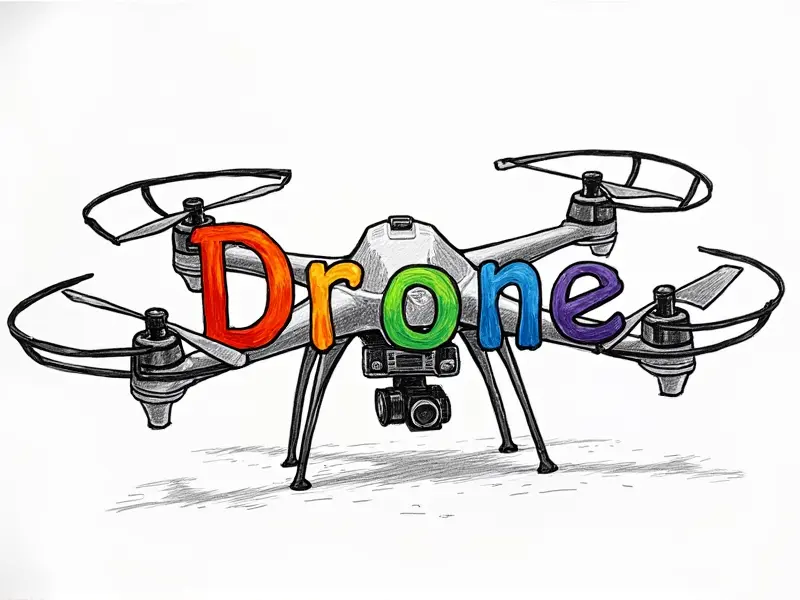What’s an ESC in FPV?

Why ESC Matters in FPV Drone
In the world of first-person view (FPV) drone racing and aerial photography, the electronic speed controller (ESC) plays a pivotal role. The ESC is responsible for converting the electrical signal from your transmitter to control the motor's RPM, thereby controlling the flight dynamics of your drone. Its performance directly impacts the responsiveness, stability, and overall speed of your FPV quadcopter.
Choosing the Right ESC for Your FPV Setup
Selecting an appropriate ESC is crucial for achieving optimal performance in your FPV setup. Factors such as motor type, battery capacity, and desired flight characteristics should be considered when choosing an ESC. High-quality ESCs ensure better reliability and durability under extreme conditions.
Understanding the Role of ESC in FPV Drones
The ESC acts as a bridge between your drone’s power source (battery) and its motors. It receives signals from the flight controller and adjusts motor speed to maintain stability, control direction, and manage thrust during takeoff, hovering, and maneuvering.
How ESC Works in FPV Quadcopters
The ESC interprets input commands from your remote control via the flight controller. It then modulates voltage supplied to each motor independently, allowing for precise adjustments that enable agile maneuvers necessary for competitive racing or high-quality aerial footage.
Tuning ESC Settings for Optimal FPV Performance
- Deadband: Adjust the deadband to reduce unnecessary movement and improve stability.
- Governor: Setting a governor helps maintain steady motor RPM despite varying battery voltage levels.
- BEC (Battery Eliminator Circuit): Opt for an ESC with BEC if you need onboard power supply for the flight controller.
Advanced ESC Features for Competitive FPV Racing
High-end ESCs come equipped with advanced features designed specifically for competitive racing, including:
- Burst Mode: Temporarily boosts motor power to achieve rapid acceleration or bursts of speed.
- DShot Protocol: Utilizes a more efficient communication protocol than PWM, offering smoother and faster control signals.
Importance of ESC for FPV Pilots
An effective ESC is essential for any serious FPV pilot aiming to maximize performance. It directly affects the responsiveness and efficiency of your drone, making it critical in achieving top speeds and maintaining precise control during races or flights.
Common Issues with ESCs in FPV Racing
- Voltage Drop: Overheating can cause voltage drops affecting motor performance.
- Noise Interference: Poorly shielded ESCs may experience interference from other electronic components.
Upgrading ESC to Boost FPV Drone Speed
To enhance your drone's speed and performance, consider upgrading to a higher-quality ESC designed for high-speed applications. Look for models with robust cooling systems and efficient power delivery mechanisms to sustain peak performance during intense flights.
The Impact of ESC on FPV Flight Stability
Properly tuned and reliable ESCs contribute significantly to the stability of your FPV drone by ensuring consistent motor response and minimizing lag between control inputs. This results in smoother flight dynamics, enhanced maneuverability, and improved overall user experience.
Conclusion
The electronic speed controller (ESC) is a fundamental component in any FPV drone setup. Its role extends beyond mere voltage regulation to include critical functions such as stability enhancement, performance tuning, and high-speed operation capabilities. By selecting the right ESC and optimizing its settings, you can significantly improve your drone's responsiveness, efficiency, and overall flight experience.

